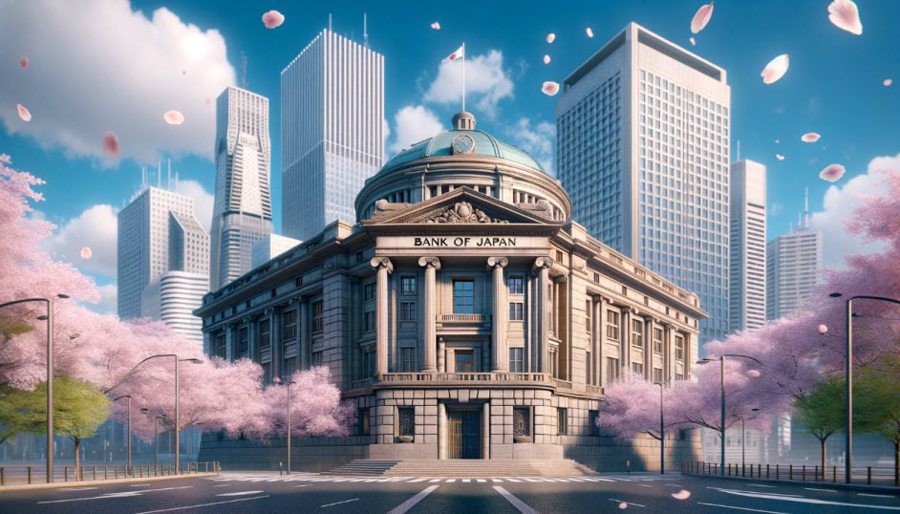Inflation in Tokyo slowed more than expected in February, influenced by government subsidies aimed at reducing energy costs, according to data from the Ministry of Internal Affairs.
- Consumer prices, excluding fresh food, rose by 2.2% compared to a year earlier, slightly below the 2.3% forecast but still above the BOJ’s 2% target.
- core inflation, which excludes both fresh food and energy, held steady at 1.9%, indicating stable underlying price growth.
More on the data here:
Tokyo’s inflation rate has been lower than the national average due to local education subsidies. In contrast, nationwide inflation reached 3.2% in January, reinforcing expectations that the BOJ will continue to scale back its monetary easing policies. <html> <body> <!--StartFragment-->The central bank projects inflation will remain at or above its 2% target through March 2027.<!--EndFragment--> </body> </html>
Economists anticipate the next rate hike could come as soon as the BOJ’s May 1 meeting, though most expect officials to wait until summer.
More from Japan earlier:
- BoJ dep gov Uchida says Bank will taper JGB purchases despite yield moves
- BoJ's Uchida says Japan's economy on a moderate recovery path - some weak spots
- Japan January preliminary industrial output-1.1% m/m (vs. expected -1.2%)
- Japan January retail sales +3.9% y/y (expected +4.0%)

